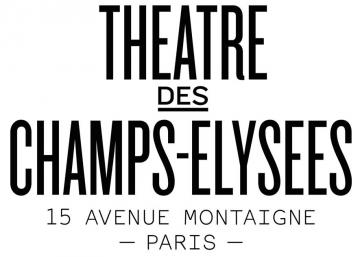The Académie Royale de Musique repertory theatre, somewhat unusually, performed old musical compositions. Lully’s music was played there for over a century between 1673 and 1779. However, from the mid 18th century onwards, his operas staged by Destouches, Campra or Marais almost invariably involved some reworking of the music and lyrics. This was primarily to cater to the singers and dancers and changing orchestra formations. It was not so much to pander to contemporary audiences (although they tended to prefer the dramatic and the virtuoso) than a desire to set the performers to best advantage.
Lully, however, was treated differently as his recitatives were seen as the ultimate in declamation. It was mainly his airs, choruses and ballets which were edited or even transformed. Only minor changes were made to his work until the end of the 1750’s, but this did not last. Two complete scores which have been preserved bear testimony to this: Persée, performed at Versailles in 1770 at the wedding of the future king Louis XVI and Marie-Antoinette, rearranged by Antoine Dauvergne, Bernard de Bury and François Rebel; and Armide, scheduled for performance at the Opéra de Paris in 1778 compared with Gluck’s Armide as rearranged by Louis-Joseph Francœur. Both reflect the French style of the time and the ‘admirable’ (or, to some, sacrilegious) attempt to keep Lully’s work alive a century on, as one of France’s finest musical legacies. The Centre de musique baroque de Versailles decided to mount new productions and recordings of both works with Hervé Niquet and his Concert Spirituel ensemble, who are Lully experts and passionate about musical exploration.







